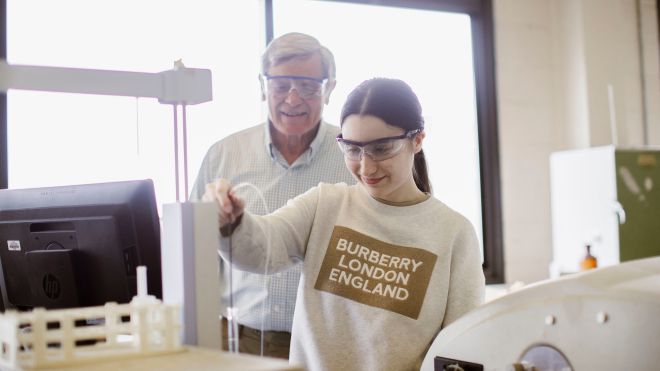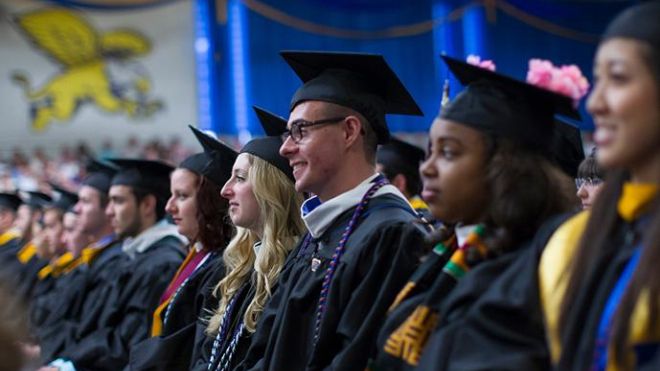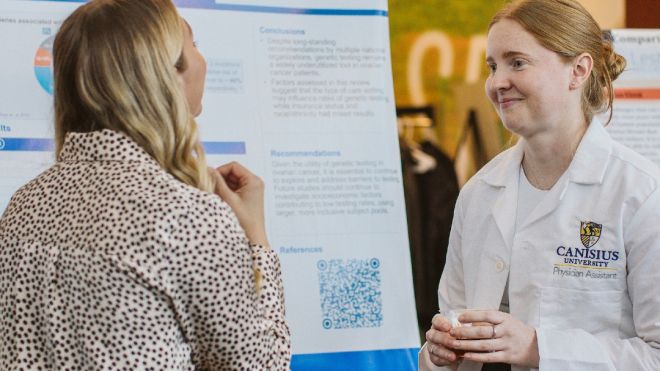BUFFALO, NY-
Older adults are often encouraged to stay active and engaged to keep their minds sharp. But research by Jennifer Lodi-Smith, PhD, assistant professor of psychology at Canisius, finds that only certain activities are likely to improve cognitive vitality.
Lodi-Smith, along with lead researcher Denise Park, PhD, of the University of Texas at Dallas, randomly assigned various activities to 221 adults between the ages of 66 and 90. Some participants were asked to learn a new skill, such as digital photography or quilting. Others were instructed to engage in more familiar activities at home such as listening to classical music and completing word puzzles. Still more were assigned to a social group that participated in field trips and entertainment.
“At the end of three months, we found that the adults who were productively engaged in learning new, mentally demanding skills – the digital photography and quilting participants – showed improvements in memory,” Lodi-Smith says. These activities required active engagement, and tapped working memory, long-term memory and other high-level cognitive processes in participants, she adds.
“We see media reports that tell people they should get involved socially or do crossword puzzles but our research found that these activities are just not as beneficial as learning something new,” Lodi-Smith explains. “The key to our finding is that the group that showed improvement was productively engaged and consistently challenged during its activity.”
The findings provide much-needed insight into the components of everyday activities that contribute to cognitive vitality as people age.
“We need, as a society, to learn how to maintain a healthy mind,” Lodi-Smith concludes, “just like we know how to maintain vascular health with diet and exercise.”



